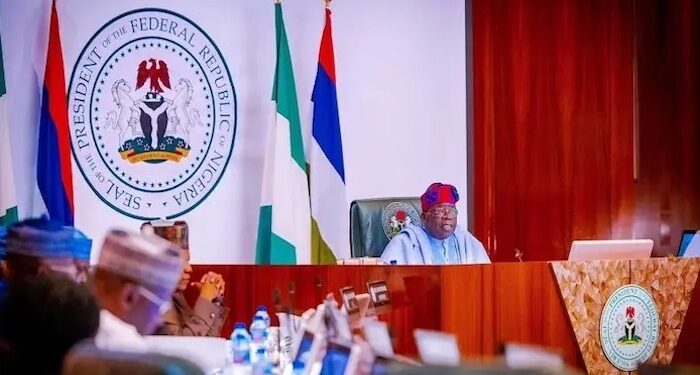Federal Government’s Public Procurement Policy Faces Applause, Political Challenge, and Caution from Key Stakeholders
The Federal Executive Council’s recent approval of the Nigeria First Policy—a bold framework mandating the prioritization of locally made goods and services in public procurement—has sparked widespread reactions from business leaders, political figures, and sectoral associations.
Industry groups such as the Manufacturers Association of Nigeria (MAN), the Nigeria Employers’ Consultative Association (NECA), and Senator Ali Ndume have lauded the move as a potential game-changer for the domestic economy. However, political heavyweight Atiku Abubakar and the Petroleum Refineries Owners Association of Nigeria (PETROAN) have urged caution and accountability in the policy’s implementation.
Industry Leaders: A Long-Awaited Boost for Local Production
In a statement, MAN Director General Segun Ajayi-Kadir hailed the policy as a “long-overdue” relief for local manufacturers, noting that if properly implemented, it could raise Nigeria’s GDP by 56% and reduce unemployment by 37%.
“This initiative signals government’s genuine commitment to promoting local industries and creating jobs,” Ajayi-Kadir said. “It’s time to consume what we produce and expand what we consume.”
He emphasized that all tiers of government must lead by example, particularly in public procurement across ministries, security agencies, and the presidency.
NECA’s Director General, Adewale-Smatt Oyerinde, described the policy as a “strategic economic imperative,” arguing that it will ease pressure on foreign exchange, stimulate industrial growth, and preserve jobs.
Atiku Challenges Tinubu: Ditch the Escalade for Innoson
Former Vice President Atiku Abubakar, however, questioned the sincerity of the policy, urging President Bola Tinubu to demonstrate real commitment by replacing his foreign-made presidential Escalade with a locally manufactured vehicle like Innoson or Nord.
“True leadership is leading by example. Trade the Escalade for an Innoson and conduct medicals in Nigerian hospitals,” Atiku’s spokesperson Phrank Shaibu stated.
He criticized what he termed the administration’s “PR stunt,” asserting that genuine economic patriotism must start from the top, including vacationing at Nigerian resorts and abandoning foreign medical tourism.
PETROAN Warns Against Blanket Ban, Calls for Strategic Exemptions
While PETROAN expressed support for the local content drive, the group warned that an unguarded implementation could backfire, especially in sectors like petroleum where domestic capacity remains inadequate.
“Energy security must not be compromised,” said PETROAN President Dr. Billy Gillis-Harry. “Essential goods like fuel and pharmaceuticals may require exemptions to avoid supply shocks.”
The association recommended a balanced approach, citing the U.S. “America First” model that employed targeted tariffs rather than sweeping import bans.
PETROAN further cautioned that sudden changes could exacerbate inflation and harm consumers if critical items are not readily available locally.
Senator Ndume, Others Support Bold Economic Pivot
Senator Ali Ndume also backed the policy, calling it a timely intervention for the country’s struggling manufacturing sector.
“Protecting local industries from substandard imports will boost employment, stabilize the naira, and stimulate GDP growth,” Ndume remarked.
He urged the government to consider imposing heavy tariffs on non-essential foreign goods and redirect those funds into infrastructure and industrial support.
Policy Success Hinges on Execution and Transparency
Despite widespread praise, stakeholders across the board emphasized the critical role of implementation. Without strict enforcement and alignment across government agencies, experts fear the Nigeria First Policy may join a long list of unfulfilled economic blueprints.
As Nigeria navigates economic headwinds, the success of this local content strategy could determine whether the nation merely talks economic patriotism—or truly lives it.


